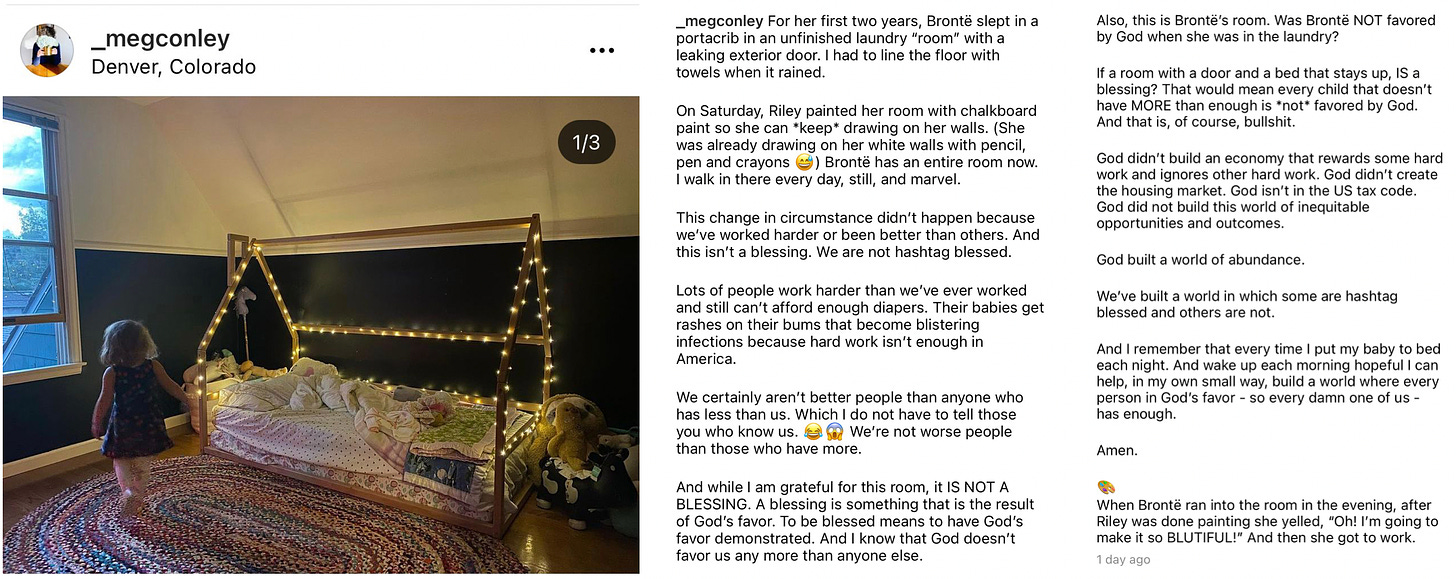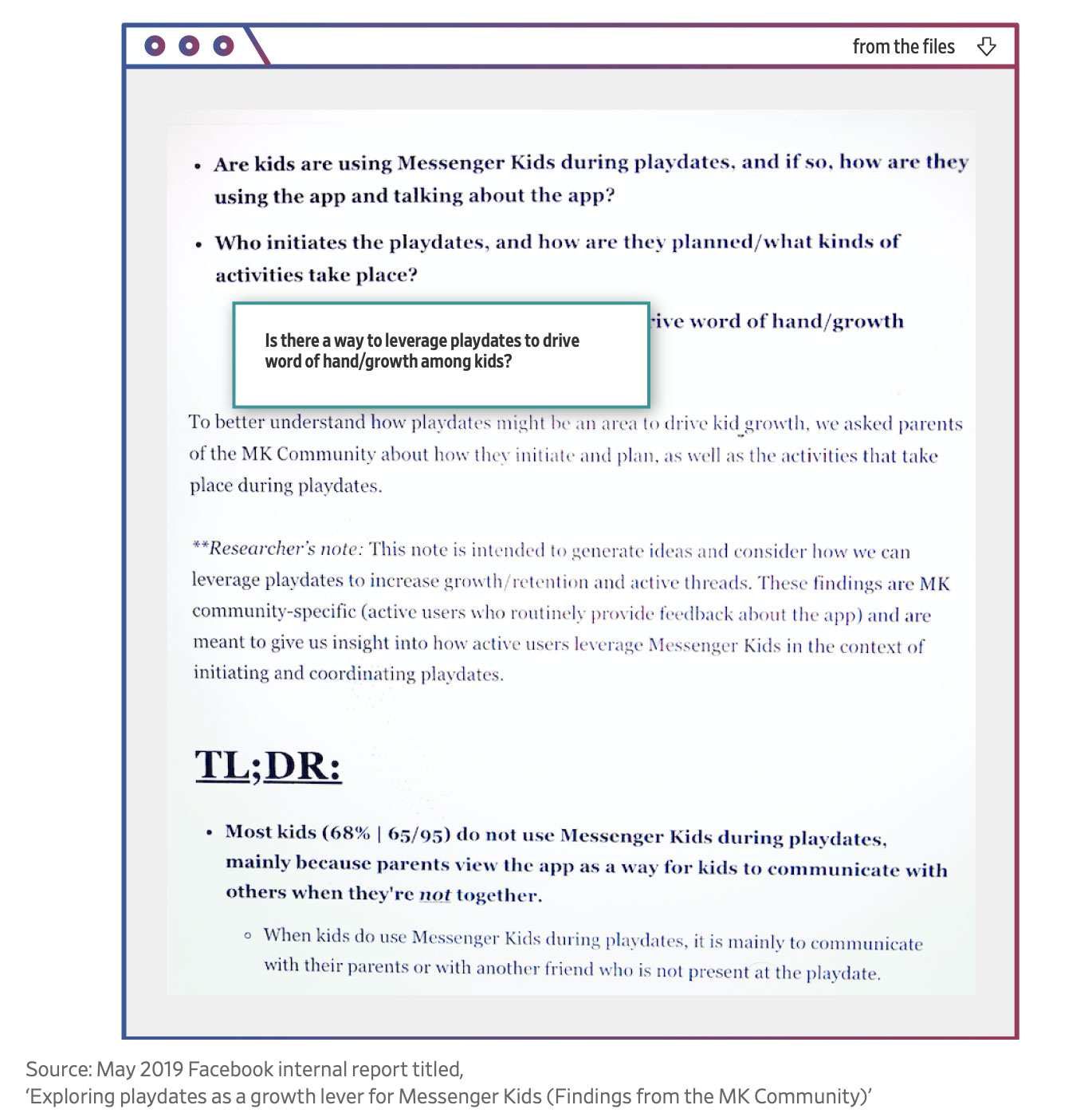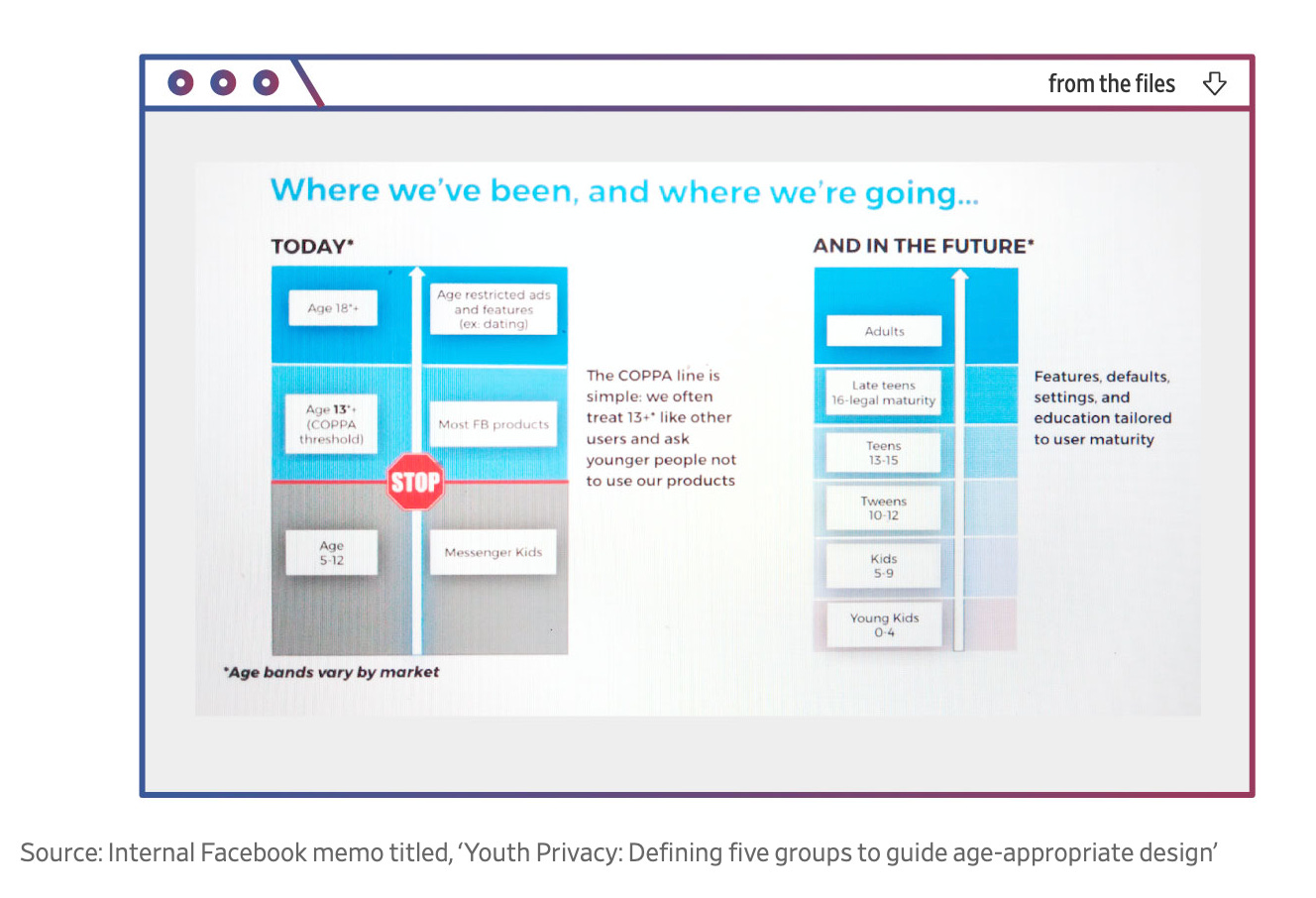I was on Instagram when it went down yesterday.
I’d just posted a photo of my youngest daughter’s room with a caption about problems with the prosperity gospel. I written about how, despite the claims of modern economics and religion, we don't live in a world of scarcity where we get what little or lot we deserve. Instead, we live in a world of abundance where too many of us hoard that great abundance for our little selves. It was an engaging post.

It was engaging in the social media metrics sense, sure. But it was engaging more meaningfully too. The conversation that followed in the comments and DMs was really beautiful. My community is mostly women, but certainly not all. Some are religious and have been enduring financial stress. The prosperity gospel narrative of financial wholeness through God’s favor wounds them. Many, religious and not, talked about being harmed by the prosperity gospel of America and its doctrine, The American Dream.
Some of the hurt was so deep. Some have lost children to illness and struggle when other parents say their own children were healed through God’s blessings. Were the children buried not loved and blessed by God too? One mother sent me a DM about the pain of a child's death while being part of a religion dominated by the prosperity gospel. I was trying to reply to her when Instagram went down.
I didn’t realize at first that it was a worldwide outage. I thought my own connection might just be lost. I uninstalled the app and then tried to reinstall it. I was so worried about the mother waiting for my reply in my DMs. I didn’t want her to think I’d read her words and then just gone about my day. It was a little while before I realized all of our connections had been severed. Facebook, Instagram and Whatsapp had all gone offline.
I am BEGGING for an editor at one of the big news orgs to do a story on the importance of WhatsApp to many countries’ communications infrastructures. What was today like in India? Myanmar? What’s it like to have a sick relative across the world and not be able to contact them?
— Lil Uzi Hurt 🥺 (@lostblackboy) October 5, 2021
The outage comes just days after a whistleblower, Frances Haugen, confirmed all of our worst fears about Facebook and its products. People are more likely to engage on Facebook when they are angry, so FB is serving people content that is more likely to make them angry. FB also knows that their apps, especially Instagram, harm teen girls. Teen girls report that using Instagram makes their suicidal ideation and eating disorders worse. Here's Haugen in a 60 minutes interview,
“What’s super tragic is Facebook’s own research says, as these young women begin to consume this— this eating disorder content, they get more and more depressed. And it actually makes them use the app more. And so, they end up in this feedback cycle where they hate their bodies more and more."
Instead of finding ways to make the app less harmful to teens, or just simply less accessible, Facebook has been trying to figure out how to get its products into the hands of children. A child who uses FB products will become a teen who uses them. A particularly dystopian revelation was that FB spent years studying how to convince kids to use their apps during playdates. I am not sure why a four year old would need to use a Kid Messenger while play blocks with a friend, but FB seemed certain they could think of a reason.

It’s kind of funny, right? Influencer wannabe moms have been mocked for years for leveraging playdates with artfully composed photos and captions. I get it. Some of them have been...a bit much. But mostly, those posts made the moms no money! Sometimes they got a free shipment of diapers or yogurt. There was, though, the hope that they’d figure out the Instagram formula that could help them afford baby formula.
Male-dominated tech wants to profit off playdates too. They’ve got lots of money. Billionaires aren't like primary caretakers. They get lots of free stuff. Once you’re very wealthy, you don’t have to buy anything outright! Still, they want more. And they're always commissioning studies to figure out how to innovate into more. This Innovating into more here meant hooking young girls on apps that will make some of them more likely to want kill themselves.
Here, five year old! Here's a product that will make you want to kill yourself when you're fifteen!
I guess people in tech look at innovation the way that modern economists look at the economy - completely divorced from ethics. Hmmm. Might there be a throughline there? I guess we'll never know! We're too busy making fun of influencers.
I just keep staring at the slide decks where FB employees are working out these products. The motivation, ideas and products are chilling. Imagining a person creating graphic design so it can all become presentable is a degree beyond that initial blast of coldness. I lose my words.

Twitter reacted to the Facebook outage with glee. Edward Snowden said the world was briefly a healthier place. Some of the reactions targeted the Facebook app, but not as many as I expected. Most of what I saw was absolute, unmitigated snarking jubilation over Instagram being down. Several accounts wondered what “the mommies” were doing all day. This smug broadcasting is a funny reaction to be having on Twitter, a very unhealthy platform!
Twitter mainlined the ranting of Donald Trump into our nation’s veins for years. A Brookings case study of Trump's hate tweets showed that “in the immediate aftermath of Trump’s tweets, levels of severe toxicity and threats increased.” The toxicity and threats are not evenly distributed. Black women who work in journalism or politics, are “84% more likely to be mentioned in abusive or “problematic” tweets than white women in the same profession.” Twitter doesn't seem all that healthy, despite Snowden's declaration of a shining day. I guess he's a white male. So maybe he's doing just fine on Twitter.
All MLM pitches come through my IG DMs. All death threats come through my Twitter DMs.
Women generally have a more difficult time on Twitter than men. In 2018, Amnesty International put together a Toxic Twitter Report to highlight the severity of the abuse women face on Twitter. Along with the report, they offered actionable recommendations for protecting women on the platform. Mostly, Twitter just hasn’t seemed that bothered about it. What can I say about being a woman who uses Instagram and Twitter equally? All MLM pitches come through my IG DMs. All death threats come through my Twitter DMs. Neither is great. One is much worse than the other. I’ll let you guess which one.
In all seriousness, @_megconley has the jump on why snarking schadenfreude about the Insta outage is misplaced. Especially for women dependent on it to carve out a career.
— Louise Thompson (@MsLouiseT) October 4, 2021
Why were people on Twitter so smug about Instagram specifically yesterday? Well. I can think of many reasons! But here two that seem pertinent to this discussion. Twitter is coded as belonging in the public sphere. It’s a vital resource for those with traditional careers in journalism, politics, and tech. Instagram is coded as belonging in the private sphere. It’s the place where we post pictures of family, hikes, and dinners out.
Tech Bro Employee Number Three with 800,000 shares in a still privately held company: Ew! MLMs are gross, I would never!
Tech Bro with 800,000 followers on Twitter during an Instagram Outage: Ew! Instagram is gross, I would never!
— Meg Conley (@_megconley) October 4, 2021
Some of the smugness seems to come from a place of not thinking the privatesphere is worth the ethical trade offs tech companies demand. Journalists need Twitter, and so they can be excused for depending on it. But does a mom need Instagram? And some of the smugness comes from disdain for the people who make money by entering the public sphere under the cover of the private sphere. Do some influencers exploit their homes, communities and followers for money? Absolutely! Some journalists do too.
What we’ve built on Instagram can’t ultimately be redeemed
Still, as I scrolled through one anti-IG tweet after another, I understood their point. What we’ve built on Instagram can’t ultimately be redeemed because the platform is rotted by algorithm and greed. What if IG had disappeared yesterday and just never come back? What would I personally have lost?
Instagram gave me my career. I was a stay-at-home mom with no degree or work experience. I wanted to write but did not know how to begin. I had no professional network. I had no childcare to empower me to get experience, education or network. So I started posting my writing on Instagram. A community formed around my words. Not followers, a community. We all find each other in the comments. When the people, mostly women seeking community, read my writing, they shared it. That was the beginning for me. They made my beginning.
Those women matter. Not because of my platform, but because of their personhood.
I don’t need Instagram for my career anymore. My writing thrives in lots of places. It's kind of amazing. But that community on Instagram? That community matters. Those women matter. They matter to me. Not because of my platform, but because of their personhood. Many Americans form their social networks at work. I don’t work in a traditional setting. My social media community is often all the connection I have outside of my home. What if I had lost my connection to that community yesterday? What a grief!
It's a shrine where we gather as well as a social network
Instagram hasn’t just been a way for people without traditional backgrounds to enter the marketsphere. It’s also been a place where we’ve found communion in our shared isolation, sorrows, struggles, joys and different experiences. When I had my worst bout of postpartum depression, I kept thinking about driving off overpasses. I called a therapist. The only one who took my insurance was booked out for five weeks. The community on Instagram sat with me as I tried to understand what I should do next. I don't know if they saved my life, but I know they saved those moments. When my dad died, they mourned with me. They checked in and made offerings of their own experiences of loss. It's a shrine where we gather as well as a social network.
I’ve learned so much on Instagram. I’ve found voices typically silenced or ignored by white gatekeepers in the public sphere. In her excellent essay on social media and marginalized communities, Naomi Day writes, "Queer communities, communities of people with disabilities, and dislocated communities are all groups of folks for whom social media can be a support system when there are no others, whether or not an online friend is also a “real life” friend." Instagram is also a place where communities can build traction and action, Day writes,"eight out of 10 Black folks say social media magnifies issues that go unnoticed elsewhere."
A good friend on Twitter said that if Instagram really went down forever, someone would build something better. He’s usually right about this kind of stuff. I think he’s right here too. Someone in tech would build something that was technically better. But ethically better? I don’t know! I really want to mirror his optimism. And you know, if he was building it, I think it would be be better all-around. But the evidence provided by tech companies doing the building leaves me fairly pessimistic.
Twitter claims to be a public square, but gives privacy to men who threaten women. TikTok aims to capture the screens of pre-teens and teens and then fills them with explicit materials, including sexualized caregiver and child role play. Teens are buying fentanyl laced drugs on Snapchat and dying. Selling on Snap works, for drug dealers and retailers. Snap is planning on continued growth based on its ability to sell through social e-commerce to teens. Even wiping all these apps off our phone still leaves us with a problem, if we’re holding an Apple phone. An Information investigation “found seven companies supplying device components, coatings and assembly services to Apple that are linked to alleged forced labor involving Uyghurs and other oppressed minorities in China.”
Building a better app won't make problems with social media disappear. We're going to have to build a better world.
I wish we didn’t need any of it. And we don’t, not really. We’ve just built a world that requires all of these platforms and their cloaked compromises. So, building a better app won't make problems with social media disappear. We're going to have to build a better world first. I know that doesn't sound as cool as building the next app. So what if we look at the world as a platform in need of disruptionthrough innovation. I bet that branding brings in a decent Series A.
I have some ideas for when we're ready to build this platform out. If it helps, I can put them in a slide deck. For now, we'll just stick with a simple list.
Ideas to consider when mocking up a better less dependent on social mediaworld
- If caretakers were paid for their labor, they would be less likely to monetize the representation of caretaking labor on Instagram.
- The first time I tried to become an influencer, it was because I was worried about the cost of formula. A cash benefit for children would help pay for diapers, food and childcare.
- Access to ethical capital and mentorship for traditionally marginalized entrepreneurs would free them up from having to build a platform before perfecting a product.
- Creating a culture of community outside of the office through mutual aid.
- Doing the work of racial, social and economic justice in our local communities.
Maybe in the middle of building, we’d realize there’s no public sphere, there’s no private sphere. Not really. There’s only here. It's vaguely possible we’d stop mining each other for profit and start nurturing one another for collective growth. Maybe.
Social media wouldn’t go away, but many of us would be less dependent on it for survival. What would happen then? Would I leave every app? I don’t know. There is still something about connecting with a stranger in their grief, in their joy. There is something about witnessing someone you may never meet. Witnessing is an honor. And an obligation. It's a work. It's my work.
When Instagram lit up again, I rushed to my inbox. The message from the grieving mother was still there, waiting. I didn’t make her wait any longer.

